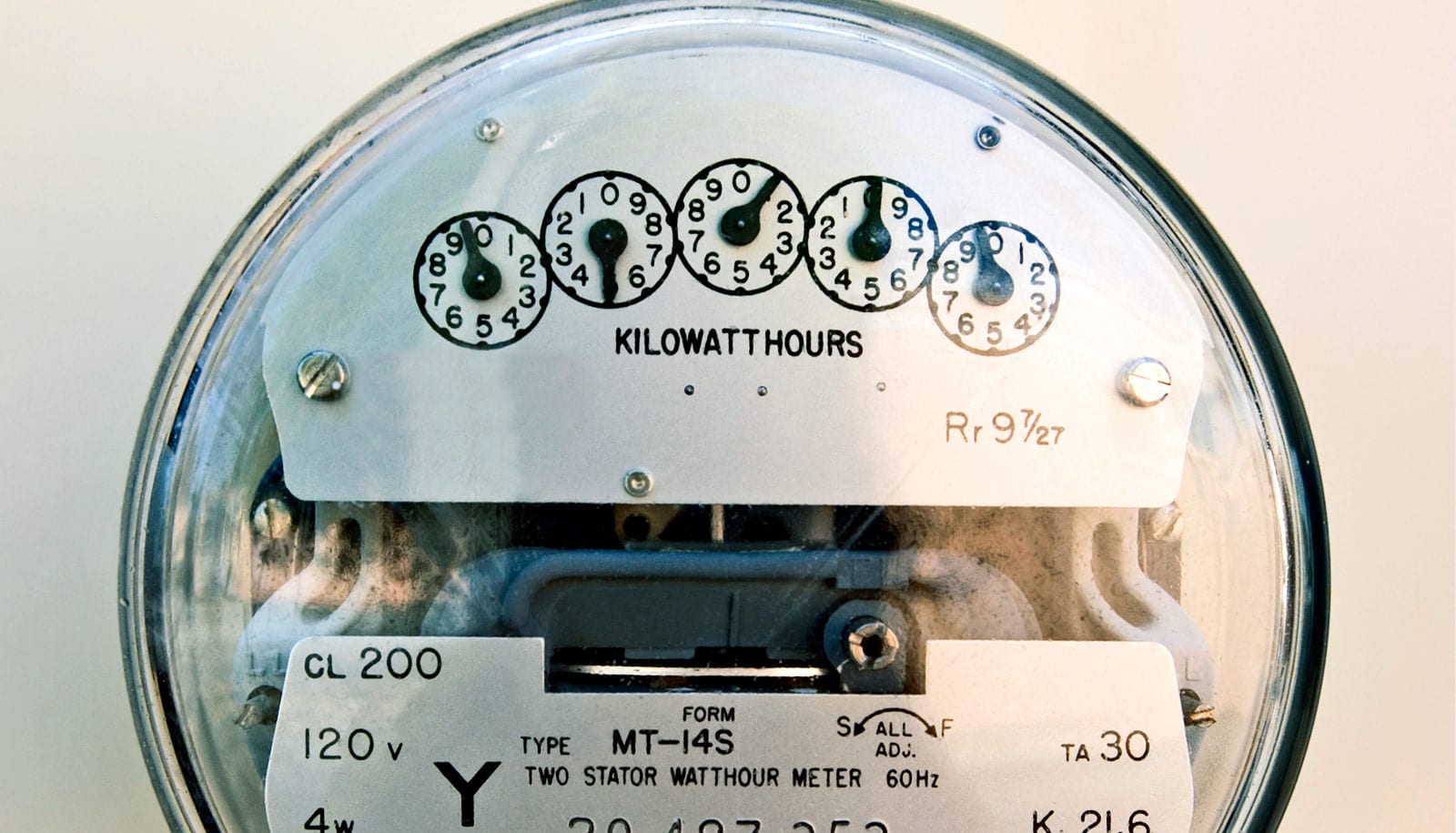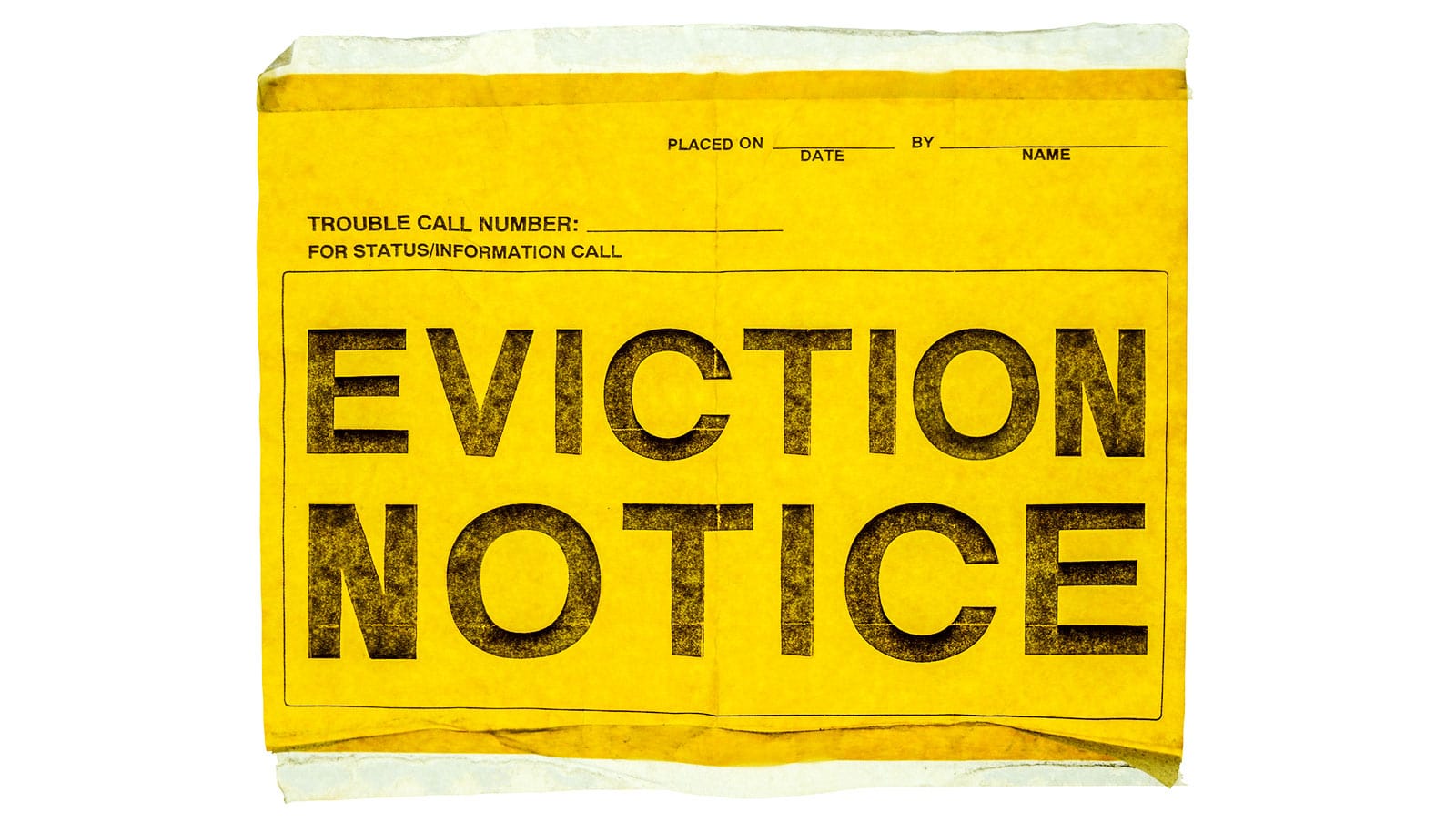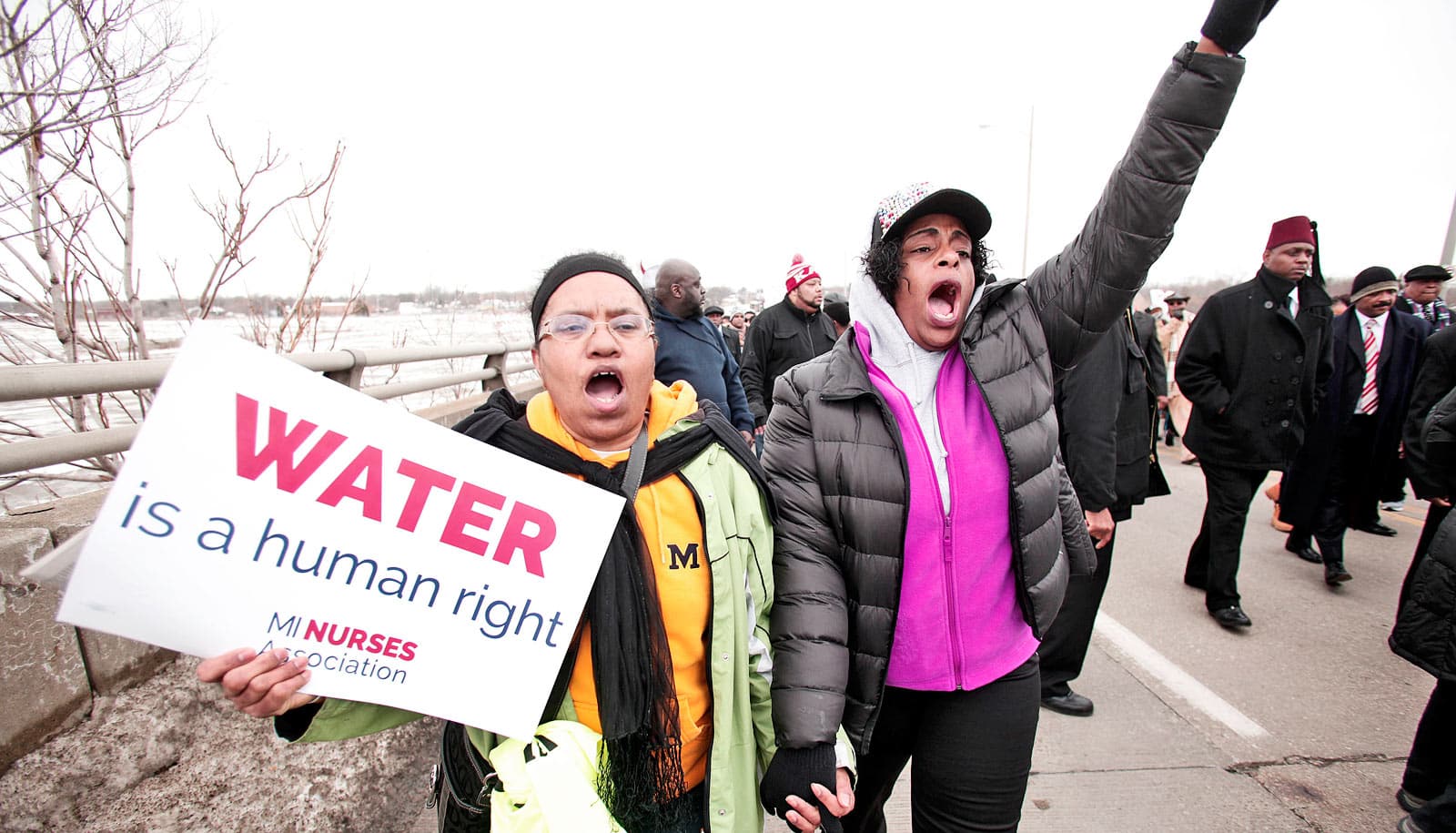Disconnected utilities, evictions, and debt are disproportionately affecting households of color during the pandemic, researchers report.
Researchers from the Indiana University O’Neill School of Public and Environmental Affairs surveyed more than 1,800 Americans at or below 200% of the federal poverty line.
The survey, which professors Sanya Carley and David Konisky conducted, is the second wave of the “Survey of Household Energy Insecurity in Time of COVID.” In June they released the first batch of data, which both highlighted and foreshadowed significant problems with vulnerable populations’ ability to pay utility bills, put food on their tables, and remain in their homes.
Of the respondents, 37% reported having a utility debt, with 19% owing more than $100.
Carley and Konisky hypothesized that the energy demands of summer heat would only exacerbate the problem.
The newest data, covering August 4 to 20, confirm those suspicions. The full report is available here.
Since June, 17% of surveyed respondents reported that they could not pay their energy bill, 11% had received a notice for utility disconnection, and 4% had been disconnected from the electric grid. These overall rates, however, disguise important disparities across low-income families.
“One in five Black households and nearly one-third of Hispanic households could not pay an energy bill during what was the second-hottest summer on record, yet only 12% of white households reported the same,” Carley says. “This is a life-and-death problem for many, and urgent and continued assistance is desperately needed to mitigate the effects of this nationwide issue.”
Furthering the problem is a discovery that only 38% of all respondents reported receiving a COVID-19 stimulus check from the federal government. Only 30% of Black and Hispanic households reported receiving a stimulus check.
“The very populations that the CARES Act was designed to help most often turn out to be the ones not getting financial relief from it in the first place,” Konisky says. “Combine that with expired government protections like utility disconnection moratoriums, and you’ve got a major problem.”
Other findings from the August survey include:
- Of respondents, 19% had to forgo expenses for basic household needs such as medicine or food to pay an energy bill.
- Households at or below 100% of the federal poverty level were three times more likely to receive a disconnection notice and eventually have their utility service disconnected than households between 150 and 200% of the federal poverty level.
- Of the respondents, 37% reported having a utility debt, with 19% owing more than $100.
- About a quarter of respondents said that since June, they had either lost their jobs (8%), had hours reduced (10%), or were furloughed without pay (5%) because of the pandemic.
- Eviction had occurred for 7% of respondents.
- Of respondents, 4% had lost health insurance since June, and 3% had health insurance benefits reduced. Even before, 24% didn’t have insurance.
Funding for this research came from the National Science Foundation, the Alfred P. Sloan Foundation, the university’s Environmental Resilience Institute, and its Office of the Vice President for Research.
Source: Indiana University



